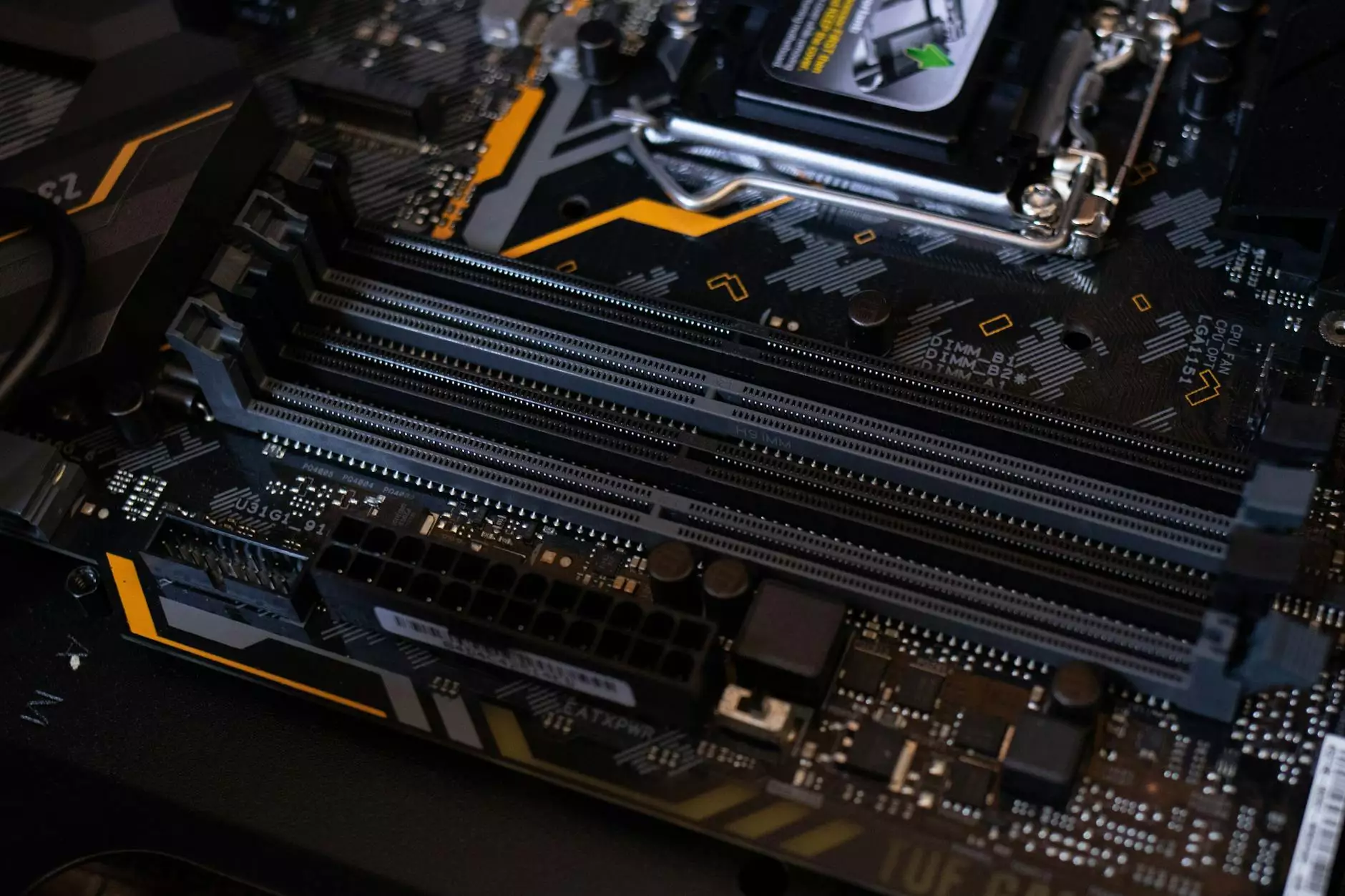Unlocking the Power of a Dedicated Server for Your Business

In today's digital landscape, the success of a business heavily relies on its online presence and operational efficiency. The dedicated server is a pivotal component that can significantly enhance IT infrastructure, providing numerous advantages for businesses of all sizes. This article delves deep into what a dedicated server is, its benefits, implementation strategies, and why businesses need to consider it as a viable option.
What is a Dedicated Server?
A dedicated server is a physical server that is exclusively reserved for a single client or organization. Unlike shared hosting, where multiple users share the same server resources, a dedicated server provides complete control over its functionality and extensive resources tailored to the specific needs of the business.
With a dedicated server, users benefit from enhanced performance, security, and customization options, making it an ideal choice for businesses that require a robust IT solution.
Advantages of Using a Dedicated Server
1. Superior Performance
Performance is paramount for any business, especially those with high traffic volumes or resource-intensive applications. A dedicated server offers:
- Enhanced Speed: With all resources dedicated to one client, websites and applications run faster, improving user experience.
- No Resource Contention: Unlike shared hosting, there is no competition for CPU, RAM, or bandwidth, ensuring that your business applications run smoothly.
- Scalability: Dedicated servers can be easily upgraded to meet the growing demands of your business, accommodating increased traffic and more complex applications.
2. Improved Security
Security is a top priority for businesses, particularly those handling sensitive customer data. A dedicated server provides:
- Custom Security Configurations: Clients can tailor security settings to their specific needs, including firewall configurations and intrusion detection systems.
- Isolation from Other Users: Since the server is dedicated to a single client, the risk of data breaches due to vulnerabilities in other websites is eliminated.
- Regular Backups: Many hosting providers offer regular backup services for dedicated servers, ensuring that data can be recovered quickly in the event of a failure.
3. Full Control and Customization
With a dedicated server, businesses have the freedom to configure their server environments to best suit their operational needs. This includes:
- Choice of Operating System: Users can select the operating system that best suits their applications, whether it's Linux, Windows, or another platform.
- Tailored Software Installations: Businesses can install any software or applications essential for their operations without restrictions imposed by shared environments.
- Root Access: Clients often have root access, allowing for complete administrative control over the server and its configurations.
Dedicated Server vs. Other Hosting Solutions
When considering the various hosting options available, businesses often find themselves weighing the pros and cons of dedicated servers against shared and VPS (Virtual Private Server) hosting. Let’s compare these options:
Shared Hosting
While shared hosting is a more economical choice, it operates on a model where multiple clients share server resources. The main drawbacks include:
- Limited resources can lead to slower performance during peak traffic.
- Shared security risks pose a threat to data confidentiality.
- Less control and customization over server settings.
Virtual Private Server (VPS) Hosting
VPS hosting is a step up from shared hosting, simulating a dedicated environment within a shared server. However, it does have limitations:
- Resources are still shared among several clients, albeit in isolated environments.
- Performance can vary based on other users' activities on the server.
- Customization options, while better than shared hosting, may not match the level of a dedicated server.
When Should Your Business Consider a Dedicated Server?
Not every business requires a dedicated server, but there are specific scenarios when it is the best choice:
- High Traffic Websites: If your website experiences significant traffic, a dedicated server can handle higher loads and maintain performance.
- Resource-Intensive Applications: Businesses utilizing applications that require substantial server resources should consider dedicated servers to ensure smooth functioning.
- Compliance Needs: Companies in regulated industries (like finance or healthcare) may require dedicated servers to meet strict compliance and security standards.
- Growth Projections: If you anticipate rapid growth, investing in a dedicated server can prepare your infrastructure for future demands.
How to Choose the Right Dedicated Server
Choosing the right dedicated server involves evaluating several factors:
1. Assess Your Needs
Determine your performance needs based on anticipated traffic and the applications you plan to run. This will help you understand the hardware specifications required.
2. Evaluate Hosting Providers
Research potential hosting providers to ensure they offer:
- Quality customer support.
- Positive reviews and reputation.
- Comprehensive security features and customization capabilities.
- Flexibility for upgrades and resources.
3. Consider Managed vs. Unmanaged Options
Decide whether you want a managed dedicated server, where the hosting provider handles maintenance, or unmanaged, where you take responsibility for server administration. Managed services can be beneficial for businesses lacking IT expertise.
Setting Up Your Dedicated Server
Once you have selected a dedicated server plan, the next step is setting it up effectively. Here’s how:
1. Install the Operating System
With root access, you can install your preferred operating system. Ensure that it suits the applications you will run.
2. Configure Security Settings
Set up firewalls, SSH keys, and other security measures to protect your server from external threats. Regular software updates are essential to maintain security.
3. Optimize Server Performance
Install optimization software and configure settings for maximum performance. This includes caching solutions, load balancing (if necessary), and resource monitoring tools.
4. Regular Backups
Implement a robust backup strategy to ensure data is regularly saved and can be recovered in case of a server failure.
Conclusion
A dedicated server is a powerful asset for businesses aiming to enhance their online presence and operational efficiency. By delivering superior performance, enhanced security, and complete control, dedicated servers are essential for handling the complexities of modern IT environments. If your business requires a robust solution tailored to your unique needs, investing in a dedicated server through a reputable provider like server.net can be a significant step towards achieving sustainable growth.
In an increasingly competitive landscape, making the right hosting decisions today can pave the way for success in the future. Embrace the advantages of dedicated servers and propel your business to new heights!








